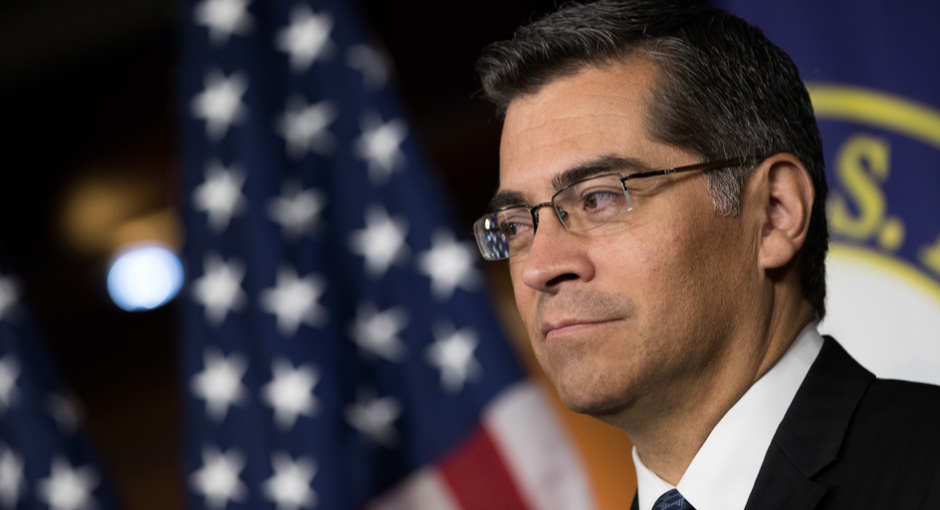The American Hospital Association (AHA) yesterday asked U.S. Health and Human Services (HHS) Secretary Xavier Becerra to temporarily waive 340B program eligibility criteria for hospitals at risk of losing their 340B eligibility due to changes in payer mix caused by the COVID-19 pandemic.
Disproportionate share hospitals (DSH), sole community hospitals (SCH), and rural referral centers (RRC) must have a specified Medicare DSH adjustment percentage to qualify for 340B (greater than 11.75 percent for DSH hospitals and greater than 8 percent for SCHs and RRCs). Children’s hospitals and free-standing cancer hospitals must have a payer mix that would give them a DSH percentage above 11.75 percent.
The DSH percentage “is based on a hospital’s volume of inpatient Medicaid and Medicare SSI patients as reported by the hospital on its most recently filed Medicare cost report,” AHA pointed out in its March 31 letter to Becerra. The COVID-19 pandemic “resulted in hospitals suspending non-urgent services and shifting resources to enable greater capacity to treat COVID-19 patients,” it continued. “These actions combined with a slow resurgence of patient volumes have changed hospitals’ payer mix—particularly lowering the proportion of hospital patients who are Medicaid or Medicare SSI patients.”
The net result is that “some 340B hospitals filing their Medicare cost reports that reflect their 2020 patient services will be at risk of losing their 340B eligibility,” AHA said. “Without a waiver, these hospitals will be forced out of the 340B program, losing access to discounted drugs and program savings used to help provide care to the vulnerable communities they serve, many of which have been disproportionately affected by the COVID-19 pandemic.”
It is unclear if Becerra has the authority to waive the DSH requirement. Drug manufacturers might challenge such a waiver in court.
Bipartisan bills to protect hospitals from losing their 340B eligibility were introduced in the U.S. House and Senate during the last session of Congress, and reintroduced in the Senate last month. The best chance to enact such measures is as an amendment to must-pass legislation, the managers of which try to keep them as amendment-free as possible. So far, the 340B bills’ sponsors have had no luck getting their measures folded into big COVID-19 and economic stimulus bills. However, there are some heavy hitters that are sponsoring the Senate bill including Sen. John Thune (R-S.D.), the Senate’s second ranking Republican behind Minority Leader Mitch McConnell (R-Ky.). Hospital groups have been reluctant to open up the 340B law over concerns that drug manufacturers would make revisions that would be harmful to them. So it is uncertain how aggressively they will push for this legislation and would likely prefer that Becerra act on his own.


